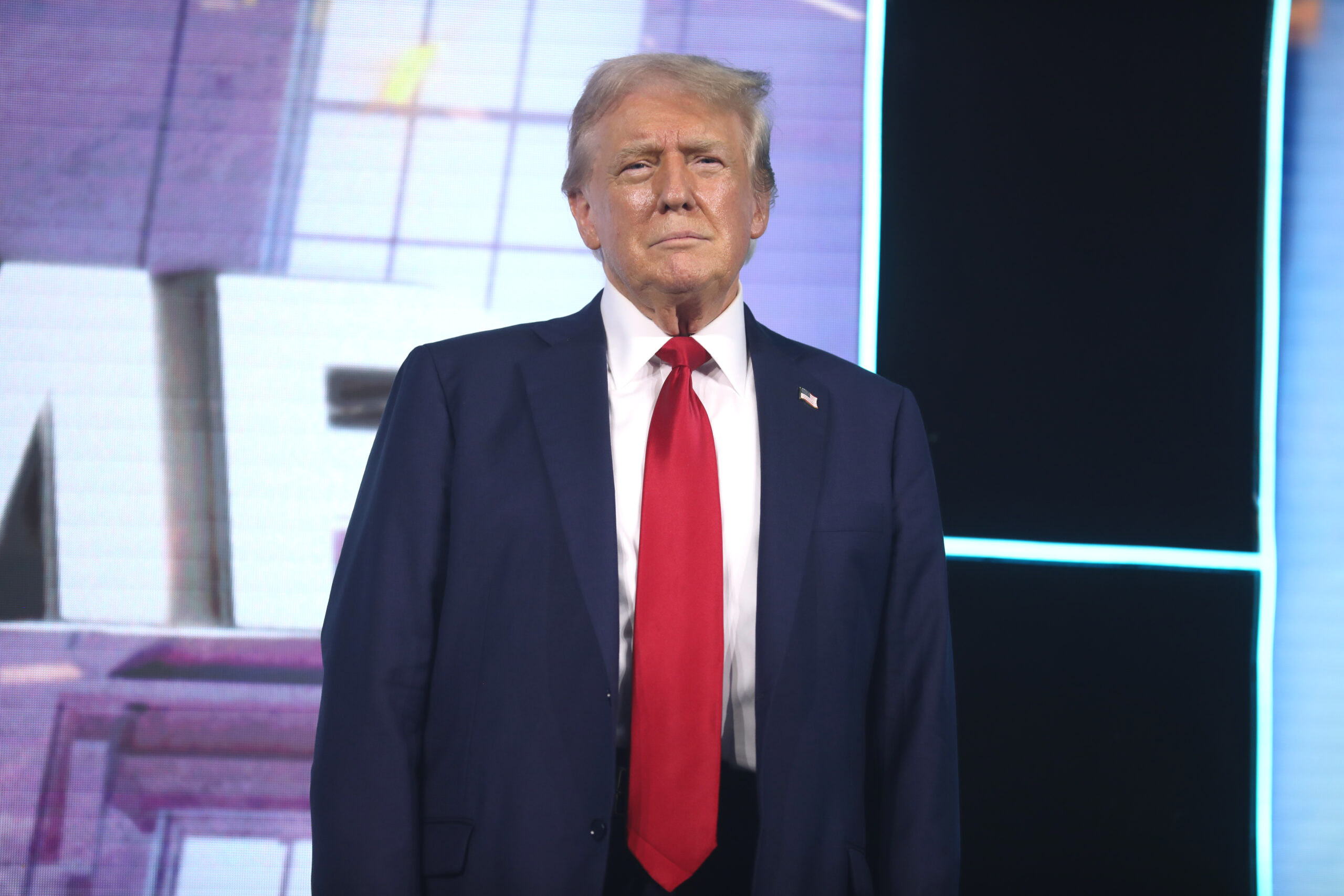
If there’s one lesson that foreign leaders might have deduced from Donald Trump’s presidency, it’s that being America’s adversary can sometimes seem more advantageous than being its friend.
Strained Relationships
Trump’s diplomatic approach has often involved harsh tactics with both allies and adversaries. He has insulted Canada, aggressively pursued territorial negotiations with Denmark concerning Greenland, pressured Colombia into accepting repatriated undocumented immigrants under his terms, and threatened Panama over the control of its crucial canal—a point of national pride.
These actions have strained relationships with countries that the United States has traditionally considered allies. The State Department’s website praises Panama as a democratic partner, and during Joe Biden’s presidency, the U.S. Embassy in Colombia highlighted collaborative counternarcotics efforts. However, Trump’s confrontational policies may jeopardize these alliances.
Trump’s imposition of tariffs, including a 25% tariff on Canadian goods, suggests his readiness to use economic tools as leverage. He has similarly treated Mexico and China, indicating a broader strategy of exerting pressure irrespective of the diplomatic costs.
Internal and External Critiques
The approach has been criticized by figures within Trump’s own administration and international observers. Leslie Vinjamuri, director of the U.S. and the Americas program at Chatham House, noted that Trump is particularly severe with smaller states that are traditionally cooperative with the U.S. This method risks alienating vital allies, pushing them towards other global powers like China and Russia who are eager to fill the diplomatic void.
Vice President JD Vance and others within Trump’s circle have defended these tactics, arguing that they demonstrate America’s resurgence on the global stage. However, the inconsistency of Trump’s foreign policy is evident in Panama’s pivot to engaging with China following threats from Trump, showcasing the potential for diplomatic backfires.
What The Author Thinks
Trump’s aggressive stance towards traditional allies could fundamentally alter global alliances. By prioritizing short-term gains over long-term relationships, the U.S. risks not only losing the trust of its partners but also pushing them into the arms of competitors like China. This strategy could undermine America’s global standing and influence, making it imperative to balance assertiveness with diplomatic sensitivity. A shift towards a more inclusive and considerate foreign policy could strengthen, rather than weaken, America’s international relationships.
Featured image credit: Wikimedia Commons
Follow us for more breaking news on DMR
